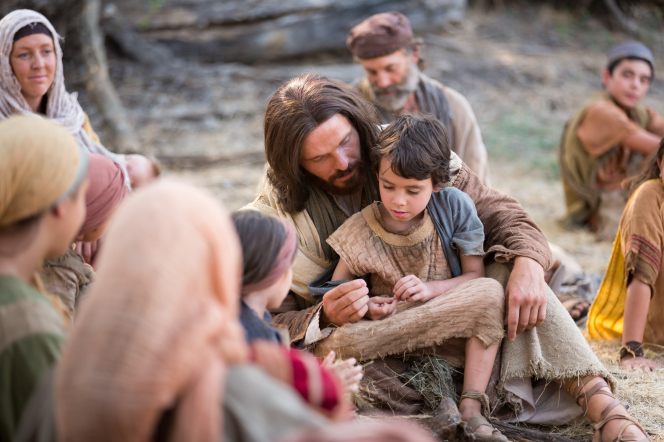One narrative about the my faith is that it is too "conservative"/"pious"/"rigid" for modern society, and that, for this reason, activity rates in more liberal/secular areas are declining. (See Footnote 1). Let me suggest that, contrary this narrative, the LDS Church has shown an increased success in going 'to the rescue'-- that is, helping those who have left church activity feel Christ's love through the institution of the church, and return to full fellowship.
Two sources confirm this: First, the number of stakes being created each year has been high worldwide for the last several years, and appears to be accelerating this year. Second, Elder Cook said in April 2015 that the number of resignations is at historic lows, and John Dehlin (hardly a church supporter) agreed with him.
1. One robust measure of activity rates is the net number or new stakes created. Given the consistent requirements for the creation of new stakes, such as having a certain number of male active temple recommend holders (to fill callings), we can use this statistic as a proxy for the activity rates that go unreported to the public:
1. One robust measure of activity rates is the net number or new stakes created. Given the consistent requirements for the creation of new stakes, such as having a certain number of male active temple recommend holders (to fill callings), we can use this statistic as a proxy for the activity rates that go unreported to the public:
| Year | Net number of stakes |
| 2010 | 31 (probably an outlier) |
| 2011 | 50 |
| 2012 | 59 |
| 2013 | 46 |
| 2014 | 63 |
| 2015 | 60 |
| 2016 (through 5/28) | 33 |
See the right sidebar of http://ldschurchgrowth.blogspot.com/ for more details about these statistics.
The chart above demonstrates that, if present trends hold, the church is on track to have a net gain 55 stakes or more in the last three years-- and quite possibly more than 65 this year (depending on the rest of 2016). This three year period is higher than the previous three-year period. Individual years are subject to a whole host of variables, but 3-year trends can be seen as more significant. As church growth via convert baptisms has not been increasing, the only way such growth could be accomplished is through increased reactivation and retention.
And this growth is worldwide. If you look at the two-and-a-half year time period that I mentioned, you get the following increase in stakes, sorted by area.
Area of the World
|
Net number of stakes, Jan. 2014-May 28, 2016
|
Net number of stakes, Jul. 2011-2013
|
Utah
|
12
|
7
|
North America (but not Utah)
|
46
|
20
|
Central and South America
|
33
|
30
|
Africa
|
38
|
24
|
Asia
|
17
|
20
|
Europe
|
4
|
10
|
Islands
|
7
|
16
|
This shows, of course, that there is substantial-- and increading church growth in Africa. However, another story is the continued growth in North America--particularly outside of Utah. With convert baptisms as low as they are, this provides evidence that reactivation and retention rates in North America have increased, indicating that fewer individuals are leaving the church.
2. In his April 2015 Conferene Talk, Elder Quentin L. Cook commented
"Some have asserted that more members are leaving the Church today and that there is more doubt and unbelief than in the past. This is simply not true. The Church of Jesus Christ of Latter-day Saints has never been stronger. The number of members removing their names from the records of the Church has always been very small and is significantly less in recent years than in the past. The increase in demonstrably measurable areas, such as endowed members with a current temple recommend, adult full-tithe payers, and those serving missions, has been dramatic. Let me say again, the Church has never been stronger. But, “remember the worth of souls is great in the sight of God.” We reach out to everyone."
John Dehlin, a former church member, commented on Elder Cook's statement by saying:
"I spoke with someone today who has access to LDS Church activity rates. Their position is that the number of total active members globally is higher than it has ever been, and continues to grow (even if at a slowing rate)...and in that sense....Elder Cook was telling the truth when he said that the church is stronger than ever. I actually believe him."
Thus, the data about stakes above matches what those who have access to more complete figures are saying about church growth.
---
Both of these sources indicate activity rates and retention rates are rising-- not falling-- in North America.
Footnote 1: I am using these terms somewhat stereotypically, and won't quarrel with you if you explain that my faith is, in actuality, quite liberal/progressive. But I think the stereotypes are well enough entrenched to make them.

